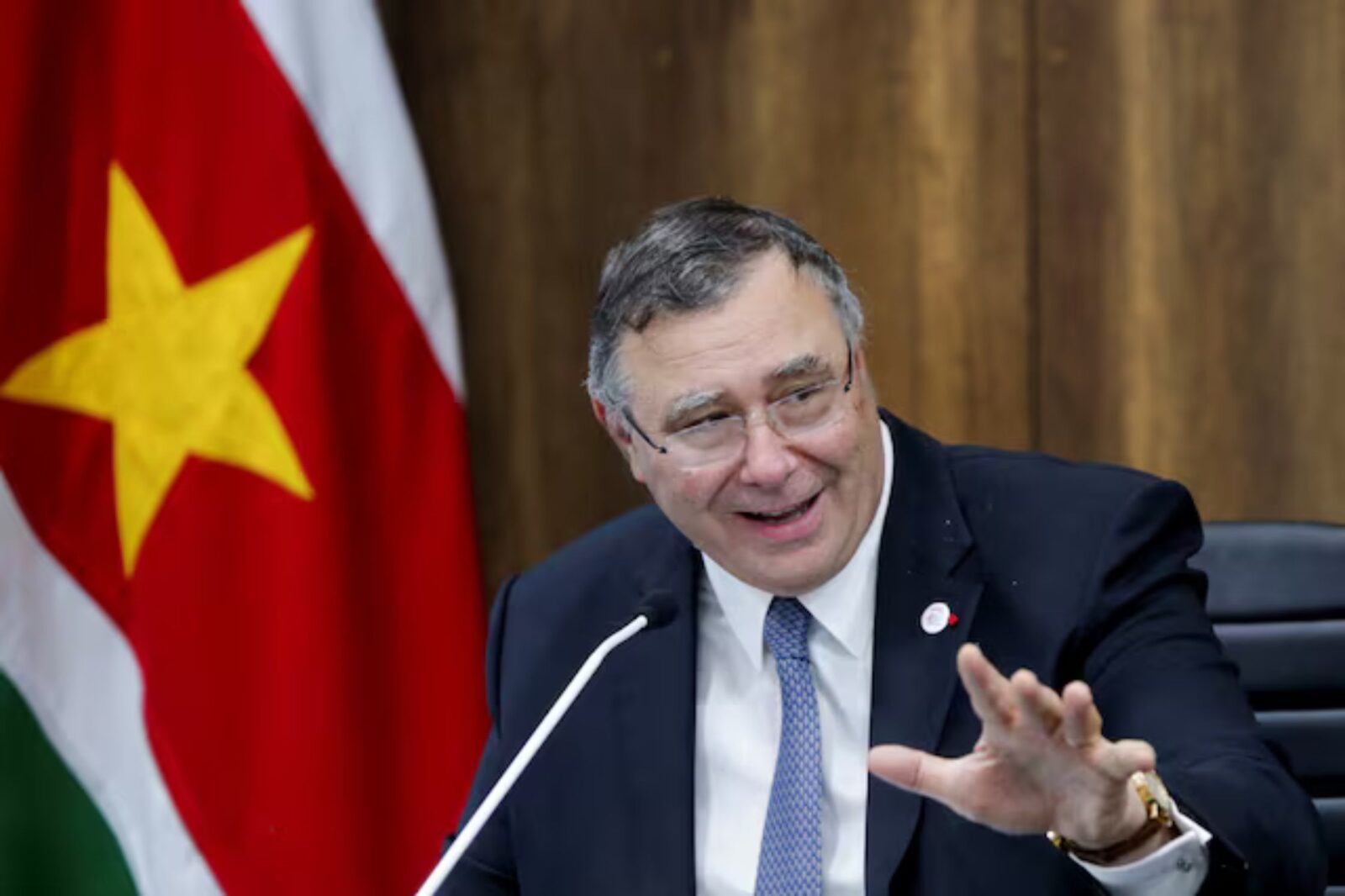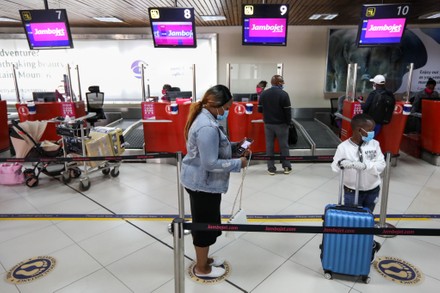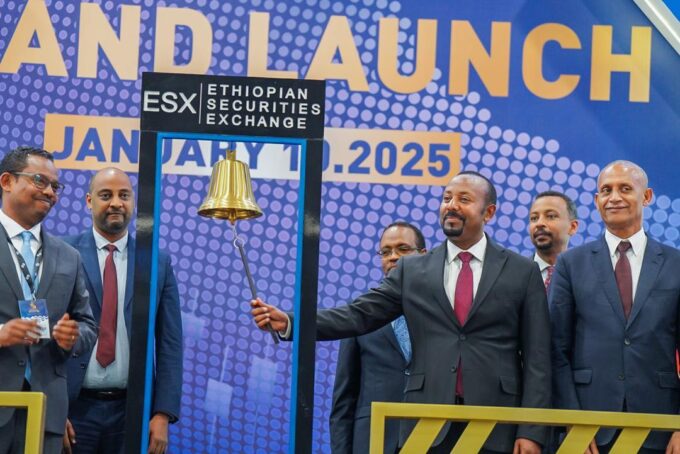TotalEnergies CEO Patrick Pouyanné is set to visit Mozambique later this month to meet with the country’s new president and discuss the progress of the company’s multi-billion-dollar Mozambique Liquefied Natural Gas (LNG) project. The project, which has an estimated value of $20 billion, has faced significant delays due to ongoing violent unrest in the region. However, Pouyanné remains optimistic, citing recent improvements in security conditions as a promising development.
Speaking at an investor presentation, Pouyanné reaffirmed the company’s commitment to the project, stating that “the project remains profitable, and we remain committed.” TotalEnergies’ continued investment in Mozambique’s vast natural gas reserves signals the strategic importance of this venture, not just for the company, but also for Mozambique’s economic future.
Mozambique, home to one of Africa’s largest gas fields, holds significant potential for economic transformation through its LNG resources. However, the region has been plagued by a long-standing Islamist insurgency, particularly in the northern Cabo Delgado province, where the LNG project is located. The insurgency has severely impacted local communities and disrupted development efforts, including the TotalEnergies project, which was suspended in 2021 following attacks near the project site.
Despite these setbacks, there have been recent signs of progress on the security front. Pouyanné acknowledged that while the security situation remains a challenge, efforts to stabilize the region have shown encouraging results. His upcoming visit to Mozambique underscores the importance of the project to TotalEnergies and its investors, as well as the company’s confidence in the country’s ability to manage its security concerns moving forward.
Mozambique’s political landscape is also a key factor in the project’s future. The country will hold presidential and legislative elections on October 9, with the ruling Frelimo party widely expected to retain its hold on power. Frelimo, which has governed Mozambique for nearly half a century, has been engaged in efforts to curb the insurgency, which threatens both national security and the potential economic windfall from the LNG project. For the government, success in quelling the violence is critical, as the LNG venture is seen as a cornerstone for Mozambique’s economic development, promising job creation, foreign investment, and increased revenue.
The financial viability of the Mozambique LNG project is also a crucial consideration for TotalEnergies. Pouyanné revealed that 70% to 80% of a $14 billion financing package, essential for the project’s continuation, has been reconfirmed by financiers. However, the company is still awaiting final approval from three key credit agencies, which have been hesitant to greenlight the funding due to shifting global attitudes toward fossil fuel projects, particularly in Western countries. Pouyanné noted that regulatory changes in some of these nations have created new hurdles, but he remains confident that once the necessary approvals are in place, the project will advance rapidly.
The Mozambique LNG project represents one of the largest investments in Africa’s energy sector, and its success could have far-reaching implications for the region. For Mozambique, the development of its LNG resources could spur significant economic growth, improve infrastructure, and enhance the country’s standing as a major energy exporter. However, the project’s success hinges on continued progress in securing the region, addressing financing challenges, and ensuring political stability.
TotalEnergies’ unwavering commitment to the Mozambique LNG project, despite the challenges, highlights the potential of Africa’s natural gas resources to play a pivotal role in the global energy market. As Pouyanné prepares to meet with Mozambique’s leadership, the project stands at a critical juncture, with the promise of economic transformation balanced against the need for security and international financial support.














Leave a comment